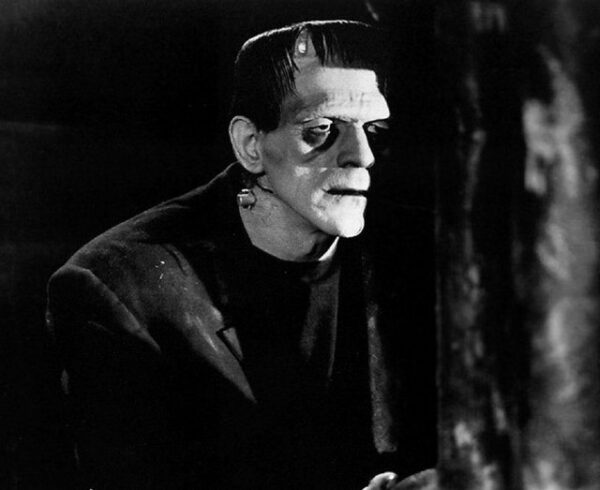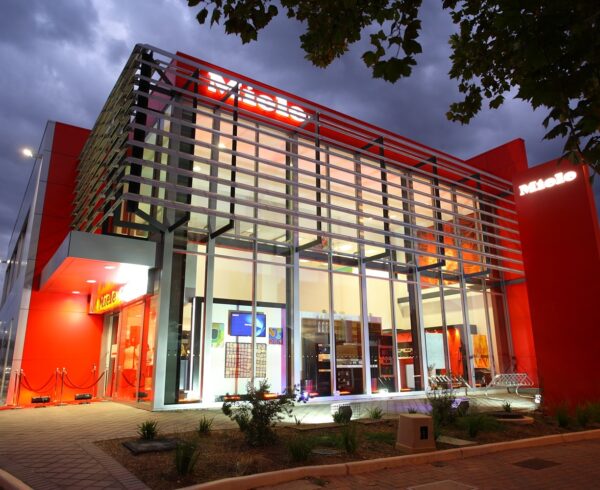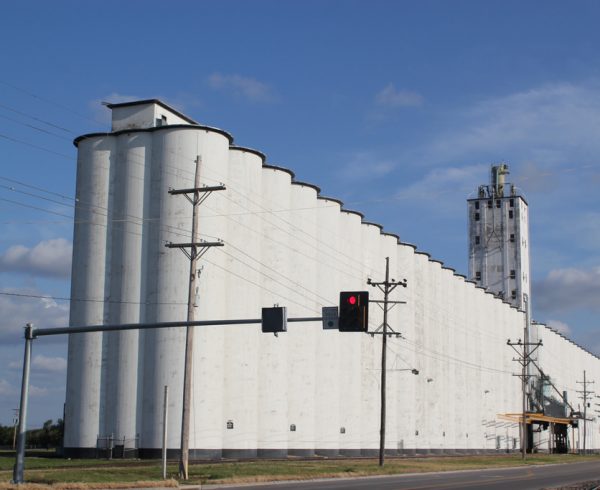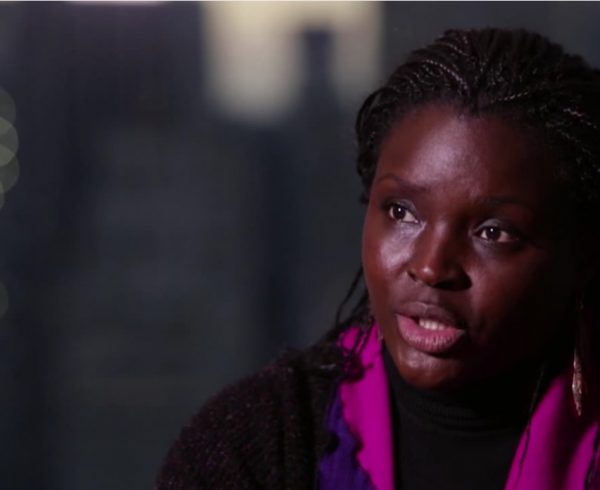On June 23, voters in Britain decided on whether to remain in the EU. This event was clearly a momentous issue in political economy that will impact the rest the world as well. It raised a fundamental question that too many Americans don’t think to address: Do we prefer liberty or equality? The two values are tension today as much as they were in 1776 and 1989. Staying in Europe would have embraced Rousseau’s quest for perfect equality. Brexit is an example of the Lockean right to revolution in the name of liberty.
I co-published a book entitled Liberty and Equality in Political Economy: From Locke versus Rousseau to the Present (Elgar, 2016). Its purpose? To explain that the major debate is not between the ancients and the moderns but between two forms of modernity. On the one hand, we have Lockean liberty; on the other, we find the Rousseau/Marx equality narrative. Look over the tenets of each, laid out below. Which beliefs match up with yours?
Lockean Liberty
This worldview, which drove America’s founders, embraces all of the following:
- The Technological Project ( the transformation of nature for human benefit).
- A free-market system wherein property rights are fundamental; the right to private property is a democratic right based in effort rather than the aristocratic right of the few based on the accident of inheritance. Private property is not theft, and a government dedicated to the preservation of property is not an antidemocratic regime.
- Limited Government; the purpose of government is to minimize conflict, not achieve social harmony or universal personal fulfillment. Power should be devolved to localities, not centralized in the federal (much less a world) government.
- Rule of Law: Government turns out to be a representative form in which the neutral rule of law replaces the biased rule of men. The rule of law is manifested in the teaching of self imposed limits on both the people and their chosen rulers as expressed in a doctrine of natural rights. In its Lockean formulation, these rights (e.g., life, liberty, property, etc.) are absolute, do not conflict, and are possessed only by individual human beings. The purpose of these rights is to limit government; the responsibility of government is to refrain from violating your rights and stop others from violating your rights. Historically, governments like this evolved only out of Anglo-American common law. Thus, it is no accident that most of the advocates of the Locke narrative are either British (Locke, Hume, Smith, Mill, Oakeshott), American (US Founders, Friedman), or anglophiles (Montesquieu, Constant, Tocqueville) like Hayek.
- A culture of personal autonomy: The best way of life is one in which the individual pursues There is a rejection of the ancient view that one achieves happiness by belonging or being with others.
- The admission that there is and always will be a dysfunctional element in human society. Some people by circumstance or by temperament are unable or unwilling to accept personal responsibility or impose order on themselves.
- Equality is equality of opportunity not of result; inequalities are not problematic in a growth economy.
Rousseauean Equality
This worldview embraces almost the opposite values. This confirms our suspicion that all bad ideas come from France. The equality ideology:
- Rejects the Technological Project because it degrades the environment and supposedly threatens human survival. Instead of satisfying genuine human needs, it expresses pride, leading to luxury as well as the loss of human liberty. This development is also the origin of inequality. Rather than a Lockean economy in which the TP allows for infinite growth and wherein a rising tide raises all boats, we are offered a “sustainable” economy in which all are equal. “Rising tide” is really “trickle down” economics.
- Rejects the free market economy because it is responsible for economic inequality. The Lockean social contract is supposedly one in which the rich and powerful coerced the less fortunate into institutionalizing inequality. The inequality that emerges as a result of the TP is a product of that original theft where the few rich bamboozle the many, who are poor. The liberty narrative in Rousseau’s estimation is no more than a fraud. Traditional national boundaries and sovereignty, as well as different levels of public benefits, are ways of excluding and exploiting the many.
- Rejects Limited government: From a Rousseauean point of view, politics trumps economics and law: growth and market share are less important than economic stability and “fairness.” To get these, we’d need a greater concentration and centralization of power (i.e. in contemporary terms, democratic socialism).
- Rejects the Rule of law: But what are we to do if human beings having been born free are everywhere in chains? Can something be done to transform this condition? So-called Lockean liberty is actually contractual slavery for the vast bulk of the population. The only way to have a just society is for everyone upon entering civil society to give up everything and retain nothing. They enter naked and innocent without the clothing of calculation and property. In its Rousseauean version rights are not ends in themselves; rights are means to the achievement of the ends. Rights are merely prima facie, may be overridden, and may be possessed by any entity, not just individual human beings. Such rights become welfare rights, i.e., they may be such that others have a positive obligation to provide such goods, benefits or means. Right and wrong for Rousseau are no longer to be found in an individual choosing to dissent against the actions of a tyrannical prince or overbearing majority. Instead, right and wrong are decided by the generalizing of the wills of individuals as they become citizens of a collective project. Moreover, the general will never errs. The general will for Rousseau is the foundation for political economy. Market conditions do not dictate government policy; government policy dictates economic policy.
- Rejects personal autonomy: The individual is transformed into a willing citizen rather than into a Lockean calculating individual. The transformation is reinforced by quasi-religious festivals on behalf of the secular good. The general economic and political will is reinforced and uplifted by a civil religion that favors communal orthodoxy (political correctness) over individual dissent.
- Social dysfunction: The origin of all social dysfunction (including terrorism) is inequality, primarily economic and political inequality. Remove the inequality and the social dysfunction will disappear.
The Anglosphere Against the World
Some remember fondly when an Englishman would refer to ‘the Continent’ as if it were a place a million miles away from his home—because, in terms of outlook, it was a million miles away. Author James C. Bennett pointed to is a peculiarly Anglospheric worldview. It manifests itself institutionally in the common law legal tradition and the market order. It is fundamentally at odds with the continental European (civil law, technocratic/bureaucratic) worldview.
Brexit holds out the prospect of recovering the ‘great’ in Great Britain—not through an inward-looking nationalism, but through a recovery of the global outlook it birthed. The Anglosphere isn’t a racial or national concept. It includes the English-speaking peoples and those who, through extended contact with the Commonwealth, share its basic outlook. Thus, the Anglosphere includes the UK, Ireland, the US, Canada, Australia, and New Zealand.












